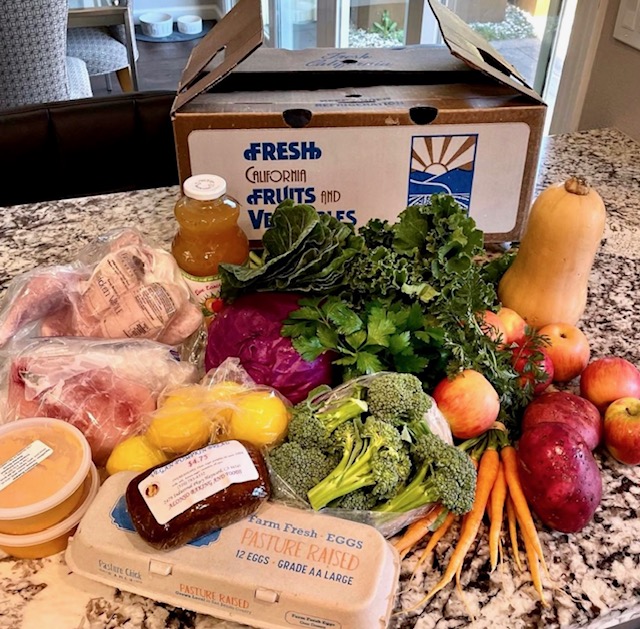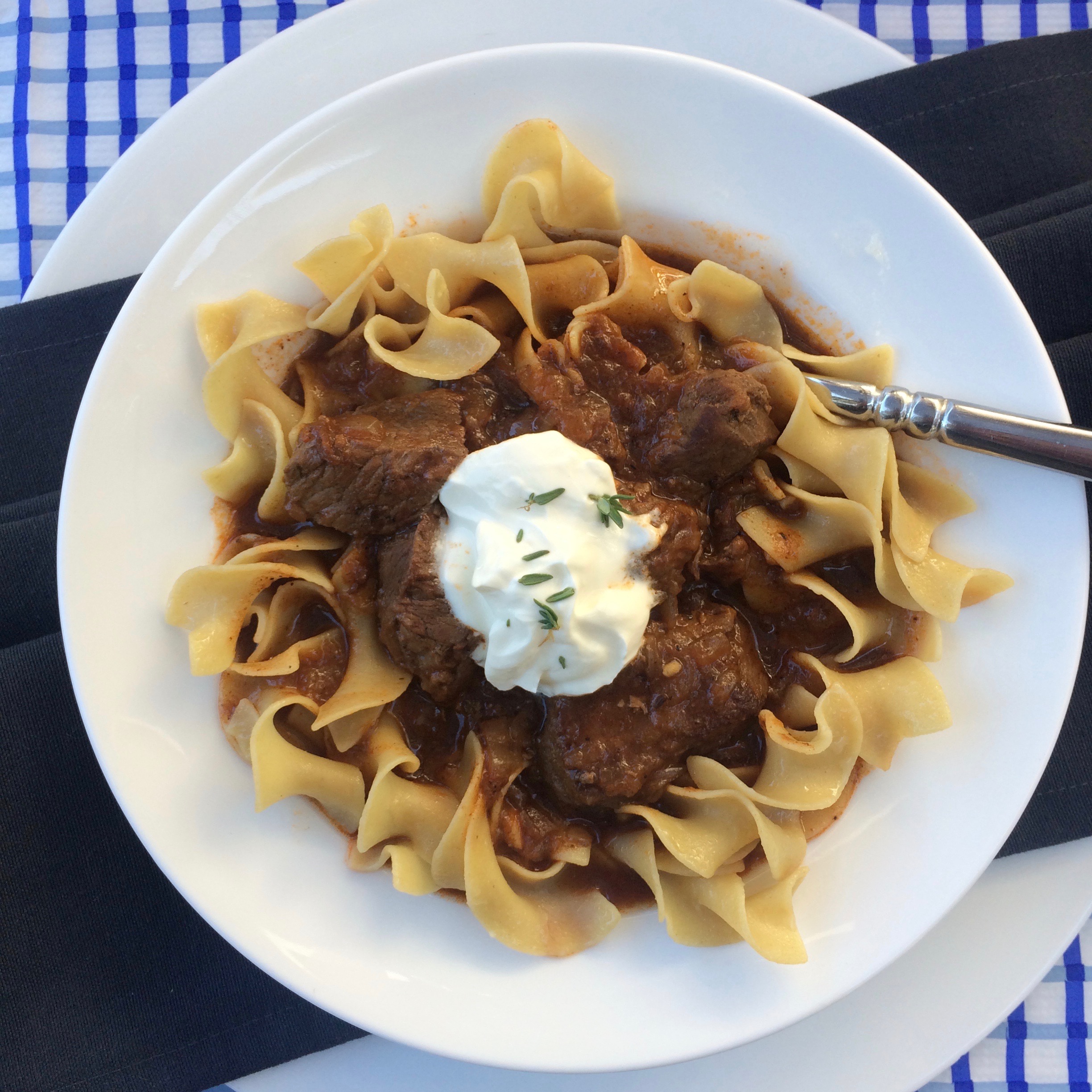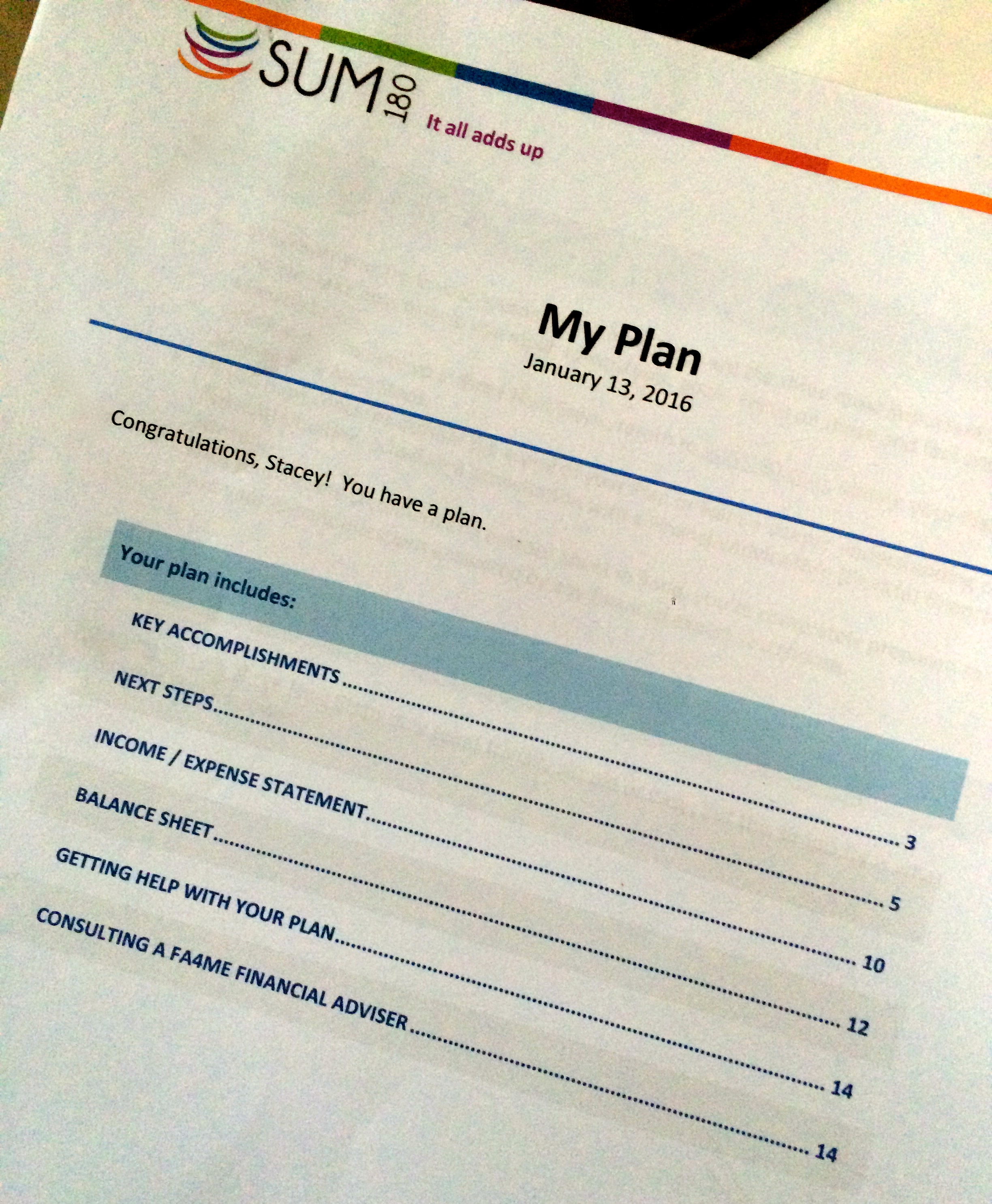Our society is so crazily obsessed with weight loss! I know that I have fallen down the diet trap for most of my life. However, over the last four years I have worked hard to reframe the word diet and think about managing my weight through lifestyle choices and intuitive eating ,rather than losing weight on a diet. Today, I am sharing 14 small habits that help you manage your weight.
I have friends loose weight through intermittent fasting, going fat-free, eating keto, or becoming a vegan. Whatever approach dieters take, the approach is restrictive and places moral judgment on foods. The thinking is that some foods are bad and some foods are good. That then follows that if the dieter eats “good” foods they are then themself “good”. But if a dieter eats “bad” foods, then the dieter themself is “bad”. With that thinking, it is so easy to beat ourselves up for making certain food choices. The thing is, depending on the diet you are following, the same food could be deemed bad and good. Apples, quinoa, avocados, and lentils may or may not be “allowed” depending on the diet someone might be following. Crazy, isn’t it?!
The fallout from dieting and restrictive eating is the rebound. Without learning how to listen to your body and its hunger cues; without looking at your lifestyle; without some planning to fuel your body with nutritious foods, you are likely going to throw in the “diet” towel and rebound – actually gaining more weight than initially lost. This phenomenon is so common it has a name, yo-yo dieting.
If you’re tired of watching your weight fluctuate (like I was), you may need a more gradual approach while learning to listen to your body. Little changes can add up until you see a big difference in learning to manage your weight.
In fact, minor adjustments are often more sustainable because they suit your lifestyle. See how easy it can be to make peace with your body, starting with these simple things to incorporate into your life.
Small Eating Habits That Help You Manage Weight:
- Cook more. Preparing your own food allows you to control the ingredients. Restaurant meals tend to have more fat, cholesterol, and sugar. This also increases one’s risk of heart disease. That’s true whether you’re eating at a fast food outlet or a fancy bistro. Plus, cooking more at home will save you money.
- Plan your meals. Write out a menu for your daily meals and snacks. You’ll be able to tell at a glance if you’re getting all your required nutrients, and you’ll probably feel better as you fuel your body with intentional food choices.
- Stock your kitchen. Keep nutritious snacks on hand, along with staples for light meals.
- Increase your fiber. Some studies suggest that eating more fiber is the single most significant change you can make in managing your weight. The top sources include split peas, lentils, and black beans.
- Balance your protein. Foods rich in protein fill you up and help build lean muscle. Balance your protein so that you include some protein in each meal and snack. A lot of people tend to have a protein heavy dinner, and ignore this macronutrient throughout the day. It is best for your body to spread your protein consumption out throughout your day.
- Eat breakfast. Refueling in the morning helps to prevent excessive hunger later in the day. Start out with something hearty and nutritious, like Greek yogurt with berries and nuts or a bean burrito. Breakfast may be earlier or later depending on your personal hunger cues. It’s most important to learn how to recognize and honor your true hunger.
- Manage portions. “Forbidden” foods can become so tantalizing that they lure you into eating more than you really want. When you manage weight through intuitive eating, no foods are off limits. Think about that! On a typical diet, when you want some ice cream, you are allowing yourself to “cheat”. Since it’s a “cheat” moment – you will tend to eat more than you really even want, because you don’t know when this opportunity will happen again. With intuitive eating, nothing is off limits. With this approach it is easier to manage your portions and eat what you want without overeating because you know the ice cream will be there the next time you want some. Learn to listen to your body, and you can enjoy your favorite treats without any guilt.
- Focus on whole foods. Make vegetables, fruits, and other whole foods the core of your daily food consumption. Cutting back on packaged and ultra-processed items will help you learn to read your body cues better.
- Drink water. Quench your thirst with plain water and tea. Staying hydrated facilitates digestion. I love to squeeze some fresh lime or lemon in my water.
- Be mindful. Slow down and pay attention to what you’re putting on your plate. You’ll enjoy your food more. You’ll also be more likely to notice when you’re full instead of continuing to eat more than you planned.
Small Workout Habits That Help You Manage Your Weight:
- Be consistent. A successful exercise plan is one that you can stick to. Select activities that you like and invite a friend to join you. Aim for at least 250 minutes of moderate-intensity exercise a week. That translates into about 35 minutes each day.
- Build muscle. Increasing your muscle mass fortifies the bones, ligaments and tendons. This helps improve balance and coordination. Lift weights or do squats and pushups with your body weight.
- Move your whole body. Speaking of squats and pushups, devote most of your workout sessions to exercises that target your whole body. I love taking walks in the evening after dinner.
- Train in intervals. High intensity interval training pays off. Alternate between brief bursts of intense activity and even briefer rest periods. For example, speed up for a few minutes while you’re taking a walk.
Learn to listen to your body one step at a time. With intuitive eating you can manage your weight and health without disrupting your life or feeling deprived.














